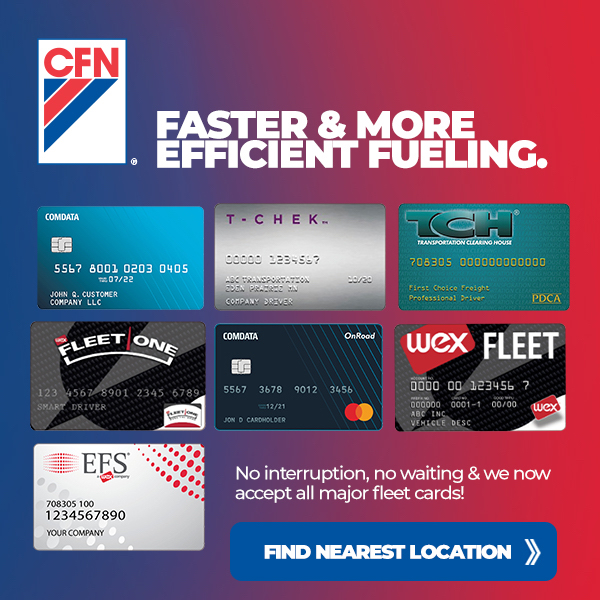
Sergio Rego Monteiro Filho*
The Brazilian fleet management market has features which make it unique when compared to the European and North-American markets. Not only because Brazil is the largest country in South America and most transport is done by road, but also because there are significant regional gaps in economic terms with companies showing different maturity and professional levels.
Currently, sustainability – from an environmental point of view – is among the greatest concerns for the Brazilian fleet manager, but the possibility of large scale use of ethanol is the Brazilian superstar.
The use of biofuels produced from sugar cane started in the 70s, when oil prices skyrocketed. In the 80s, when oil prices were back to normal standards, the “green” fuel lost its relevance. The introduction of flex-fuel vehicles brought fresh hope in 2000. Enabling the use of both gasoline and ethanol, such vehicles gave the driver the power of choice based on the price of both fuels. Now, 47 percent of the vehicles in the country can be fueled with either ethanol or gasoline (or even a mixture of both). The growth of the flex-fueled fleet is strong; in the last year 88.5 percent of the new vehicles sold were flex.
Although Brazilian ethanol has been criticized by some environmentalists, it has a great potential to contribute to the sustainability strategy of the companies. According to the Greenhouse Gas Protocol, the emission of CO2 from the burning of ethanol from automobile engines is considered neutral since sugar cane absorbs CO2 in the photosynthesis process.
This is an opportunity for fleet managers in countries such as Brazil, and they have already created innovation through the theme. One of them is a methodology – developed by Ecofrotas, and certified by VCS (Verified Carbon Standards) – that is the only one in the world which enables the generation of carbon credits through the replacement of oil for ethanol in flex vehicles. The methodology has made feasible the generation of 2.195 carbon credits for Ecofrotas clients, which can be traded on the market.
Ethanol is also considered an ally regarding the economical sustainability tripod. A recent Ecofrotas study — endorsed by KPMG – shows that the efficiency of biofuels in comparison to oil is bigger than it was first thought – 80%. Traditionally, this efficiency was thought to be 70 percent.
The Brazilian fleet management market is relatively new and the use of fuel cards in the country has gained relevance in the last decade, receiving even more attention in the last few years. This is mainly due to the financial crisis. As in the rest of the world, companies became ever more aware of the general process, the costs and the risks of fraud.
There has been a growth in the introduction of training standards. Besides reducing accidents, the aim is to increase fuel economy, reduce other operational and maintenance costs, and focus on the environmental impact to reduce greenhouse gas emissions.
The sustainability commitment is proof that although relatively new, fleet management in Brazil is innovative. Having room to expand, the country has to take advantage of its unique differences as a source of inspiration, while considering what has worked in other nations.
Sergio Rego Monteiro Filho is the Institutional and Sustainability Director of Ecofrotas, a company specialized in sustainable management of fleets and a leader of the Brazilian Market.



